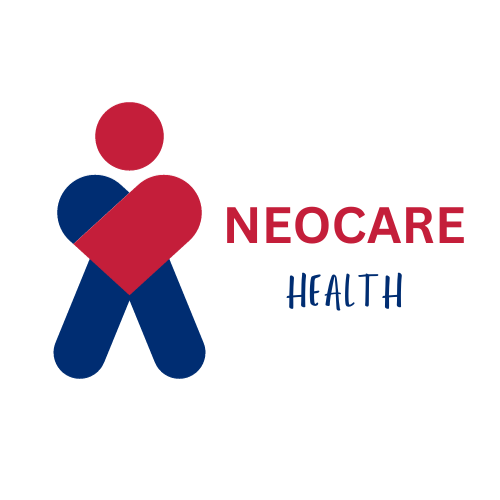Medication Safety for Elderly Individuals with Specific Health Conditions
Effective medication management is crucial in aged care settings to ensure the safety and efficacy of medications for elderly individuals. A comprehensive approach that addresses medication storage and handling, prevents medication errors, promotes medication adherence, conducts regular medication reviews, fosters communication and collaboration, and emphasises monitoring and reporting is necessary. Aged care nurses play a vital role in this process, working closely with healthcare providers, patients, and their families to optimise medication management and promote patient safety.
- Medication Storage and Handling: Proper medication storage and handling are essential to maintain the integrity and effectiveness of medications. Medications should be stored in a cool, dry place, away from direct sunlight, and out of the reach of children and pets. Aged care facilities should have designated storage areas with appropriate temperature controls and secure locking systems to prevent unauthorised access.
- Preventing Medication Errors: Medication errors can have serious consequences for elderly individuals. To prevent such errors, a systematic approach should be followed, including medication reconciliation during transitions of care. Aged care nurses should ensure accurate and up-to-date medication lists, verify medications before administration, and engage in effective communication with patients, their families, and other healthcare providers.
- Medication Adherence: Promoting medication adherence is crucial to achieving therapeutic outcomes. Aged care nurses can educate patients about the importance of taking medications as prescribed, provide clear instructions, and address any concerns or barriers to adherence. They can also help patients and their families develop strategies to incorporate medications into daily routines and establish reminder systems.
- Regular Medication Reviews: Regular medication reviews are essential to assess the appropriateness and effectiveness of medications for elderly individuals. Aged care nurses should collaborate with healthcare providers to conduct comprehensive medication reviews, considering factors such as drug interactions, side effects, and changes in the patient's condition. This process helps identify potential issues and enables adjustments to medication regimens as needed.
- Communication and Collaboration: Effective communication and collaboration among healthcare providers, patients, and their families are vital in managing medications in aged care. Aged care nurses should facilitate open and transparent communication, ensuring that all parties are informed and involved in medication-related decisions. They should also encourage patients and their families to actively participate in medication management and provide support and education as needed.
- Monitoring and Reporting: Continuous monitoring and reporting of medication-related incidents and adverse reactions are essential for identifying potential risks and improving medication safety. Aged care nurses should establish systems for reporting medication errors, adverse events, and near misses. These incidents should be thoroughly investigated, and appropriate measures should be taken to prevent their recurrence.
Managing medications in aged care requires a comprehensive approach that considers medication storage and handling, prevention of medication errors, medication adherence, regular medication reviews, communication and collaboration, and monitoring and reporting. Aged care nurses play a crucial role in promoting safety and efficacy by implementing these strategies.










